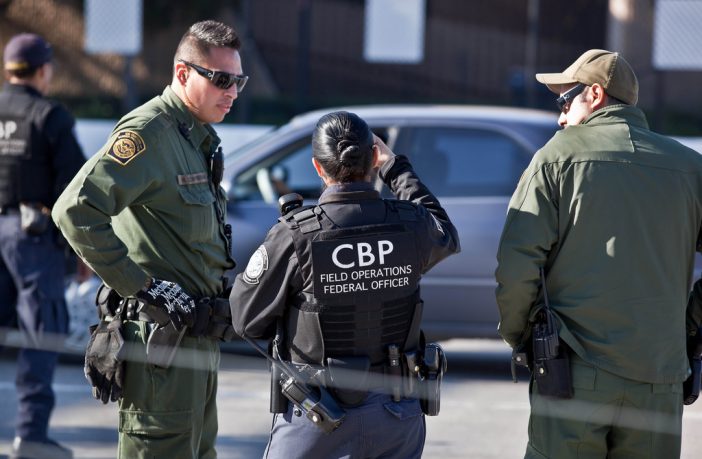Customs and Border Protection (CBP) officers pre-screen foreign nationals traveling to the United States using IT systems to check passenger manifests against intelligence and law enforcement databases. But the Department of Homeland Security’s (DHS) Office of the Inspector General (IG) recently found that, “poor performance of a critical pre-screening system hindered the ability of [CBP] officers to identify individuals who could pose concerns, including national security threats.”
In plain English, CBP’s computers crashed. It was flying blind. And CBP officers were forced to rely on backup systems that the IG says, “weakened the screening process” and possibly led “to officers not being able to identify travelers that may be attempting to enter the United States with harmful intent.” That’s scary! It means that criminals and terrorists might have been able to slip past immigration controls because vetting databases were unavailable when officers needed them most.
Why did the systems go down? Starting in May 2015, CBP rolled out a new platform to improve access to information systems – located both inside and outside the Department of Homeland Security – that share law enforcement data. Rather than speeding up, however, CBP’s computer terminals slowed down to speeds associated with dial-up internet. According to the IG, the time required to conduct pre-landing checks on commercial airline flights increased from five minutes per airplane to 30 minutes per airplane.
This is only the latest in a series of ongoing vetting problems experienced by DHS. U.S. Citizenship and Immigration Services (USCIS), the agency responsible for vetting naturalization applicants has experienced similar IT-related problems. A September 2016 internal audit found that USCIS appeared to have erroneously granted citizenship around 900 ineligible immigrants because electronic data files contained incomplete fingerprint entries.
The Trump administration has acknowledged the obvious problems with current vetting practices – the lack of information available on some travelers and the unwillingness of certain governments to share intelligence with the United States. However, the IG’s report highlights another significant problem affecting vetting: IT infrastructure. Without effective computer networks and easily accessible database systems, it would be utterly impossible to screen the over 300 million short-term visitors, and one million plus immigrants, who come to the United States each year.
If President Trump really wants to implement extreme vetting, then he needs to lead an extreme change in the way DHS maintains its information systems. We can gather all the data we want on criminals and terrorists. But if crumbling IT networks and outdated databases keep immigration officers from accessing that information our vetting won’t be extreme, it will just be extremely poor.





5 Comments
CBS Sunday Morning, with the always sympathetically liberal Jane Pauley, ran a piece about a Chinese artist who is creating works of art concerning walls and barriers. And the theme, naturally, is that they are bad and only favored by know nothing racists. But what these people want is open borders. All the double talk and talking in circles aside, that is what they favor.
For all the talk about “Russian interference” in our election, no one knows for sure who released the Wikileaks documents. But what they did show was information we were entitled to know. For instance, Hillary giving a closed door speech for $250,000 to South American bankers in which she called for “open borders and open trade”. Did she one time publicly tell the American electorate she wanted “open borders”? That would be no. But just examine every position she has taken, including no deportations unless you commit a major felony, and it’s the same thing. Only idiots can fail to see the connection. No borders equals no country. Don’t run for president unless the American public is your priority.
Then we had the supposedly neutral CNN slipping debate questions twice to Hillary. And NBC deliberately suppressed info on Harvey Weinstein, including an actual tape of him sexually harassing a young woman. Goody two shoes Hollywood, as is abundantly obvious by now, covered up for him over and over.
We’ll look at it from another fact….we became a power without a Wall…..
We didn’t need a wall. Crossing hundreds of miles of desert was all but a death sentence a hundred years ago because it was so sparsely populated. Nor was there any incentive to come here to get welfare to raise your family, because there wasn’t any welfare. Israel didn’t have walls on the West Bank until terrorists targeted buses and restaurants in Israeli cities a couple decades ago. They built a wall and the attacks stopped. I know it’s complicated for small brains but sometimes the obvious is the solution. Do you want open borders? Yes or no will do.
100 years ago!!…..hahahahaha!!! we were not a power a 100 years ago!!! ..
It is that reason than your brains not only are small but in your rear the fact you are so limited……